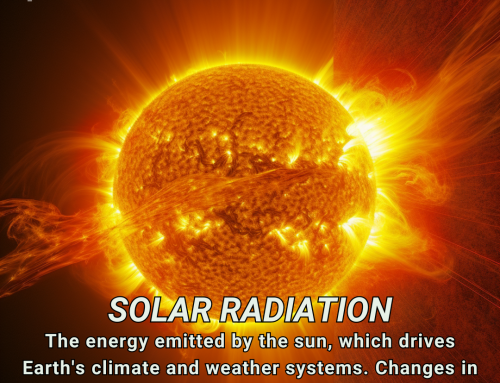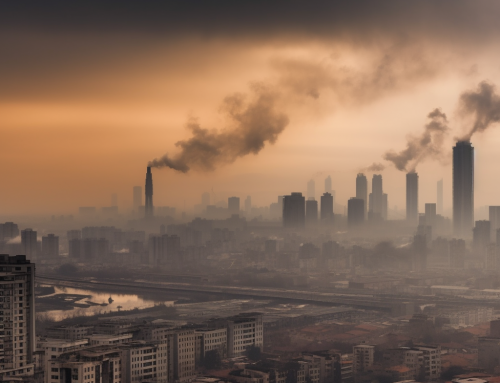
The Earth’s temperature has for the first time risen above a critical threshold of 2 degrees Celsius higher than pre-industrialization levels, says Samantha Burgess from the Copernicus Climate Change Service. This increase in global temperature was recorded on November 17th, marking it as the warmest day on record, with temperatures being 1.17 degrees above 1991-2020 levels and 2.06 degrees more compared to pre-industrial times.
The timing of this alarming rise in temperature is critical, as it came just two weeks ahead of the UN COP28 climate conference in Dubai. This conference is where nations will assess their progress towards achieving the goals set out in the Paris Climate Agreement.
Despite efforts being made to reduce emissions, a recent UN report predicts that global warming could reach between 2.5 and 2.9 degrees this century. This increase in temperature has the potential to trigger irreversible environmental impacts. The crossing of the 2°C above pre-industrial levels for the first time indicates a steadily warming planet, which could lead to a permanent climate crisis if not addressed effectively.
NASA has highlighted that a 2-degree rise in global temperatures is a critical threshold. Beyond this point, dangerous effects of human-generated climate change are expected to occur. The Intergovernmental Panel on Climate Change (IPCC) insists that the key to understanding global warming lies in observing the long-term trend, not individual days or weeks. The panel defines warming by the 30-year average.
Despite warnings that Earth is heading towards an increase of 2.5 C to 2.9 C in global warming since preindustrial times, U.N. Secretary-General Antònio Guterres remains optimistic. He believes it’s still possible to limit the rise to 1.5 degrees. However, this would require a rapid transition to renewables and eliminating the use of fossil fuels.
This new evidence of global warming beyond the critical 2-degree mark is a stark reminder of the urgency to act now to mitigate the effects of climate change. The upcoming climate conference in Dubai presents an opportunity for nations to reassess their strategies and take effective action towards achieving the goals of the Paris Climate Agreement.






